Healthcare professionals
Integrated/Comprehensive/Complete and Sustainable Stress Management. Quick and Easy Referral service.
In a nutshell
Stress Resistance Therapy (SRT) is a form of somatic therapy, adapted from a number of different techniques used by special military forces all around the world. It offers sustainable and life-long change through understanding of stress and the body’s response to it.
Who is it suitable for?
Clients who struggle to manage stress are well-suited for the SRT program. Therefore, SRT can be helpful across a number of different groups of issues, such as:
- Anxiety
- PTSD
- Depression
- Social anxiety
- Panic attacks
- Fear of public speaking
- Low self-esteem
- Trauma
What makes SRT unique?
Based on highly-effective stress-reduction techniques used by top soldiers around the world.
Focuses on the physical experience of stress.
Empowers clients to take control.
SRT offers a sense of connection and fellowship that is often lacking in the lives of people who experience high levels of stress and conditions like anxiety and depression.
The SRT Course consists of:
- 1.5-2 hour sessions
- Theoretical work
- Practical work
- Effective movement techniques
- Recovery techniques
- Breathing exercises
- Relaxation techniques
- Clients can opt for individual sessions instead of doing the full course
Making a Referral
Making a referral is quick and easy. Simply fill in the form below.
Referral Application

More depth and detail
Healthcare providers in Australia are battling a mental health crisis. The Australian Institute of Health and Welfare (AIHW) reports 59% of all Austrailans experienced at least one stressful event in the past 12 months. Moreover, 15% of Australians (aged 16 to 35) suffer high/very high levels of stress.
SRT teaches a life-long strategy of stress management, helping clients to learn how to deal with future stressors and not simply mitigating the current level of stress. The course helps to identify stress triggers and recondition the nervous system’s reaction to things that trigger your stress.
The National Survey of Mental Health and Wellbeing was that last year alone, 3.4 million Australians sought medical advice due to a variety of mental health issues they experienced. Stress, loneliness, and anxiety were amongst the most reported issues. Through SRT, patients learn how to face the challenges inherent in modern life. Our instructors are highly experienced practitioners who design programs tailored to individual needs of each client, informed by clinical understanding and scientific research.
The science behind SRT
Stress Resistance Therapy utilises advanced breathing control techniques and effective movement exercises to control your stress response. Through developing control of specific instances of stress, patients are able to take control of the body’s response to stress and to apply these skills to any stressful situation.
Unlike techniques such as yoga and meditation, SRT is not related to any kind of religion or ideology. Furthermore, while meditation is more focused on relaxation and yoga on relaxation combined with physical exercise, SRT includes a wealth of additional elements, such as personalised guidance, theory behind stress-related issues, empathetic approach, and much more.
We do not profess to eliminate stress – we know very well that’s impossible, but we can change our response to it so that patients can live fulfilling lives and have a positive impact on their community.
How do I explain SRT to patients?
Many patients will not have heard of SRT and can be naturally sceptical about something they don’t understand.
In order to help patients understand the theory and the benefits of SRT, we often use the following analogy:
Imagine how you feel at the end of a great yoga session. You get that ‘top of the world feeling’ and you feel light and stress free. You pop into a coffee shop and queue for coffee. Out of the blue, a complete stranger slaps you across the face and walks out of the coffee shop. It’s not a debilitating slap that leaves you seeing stars, but a good slap all the same.
How would you react? And, more importantly, how long would it take you to get back to that ‘top of the world’ feeling you were experiencing before the slap and how would you get there?
Perhaps you’d go straight back to the yoga studio and take another class, perhaps you’d go home and meditate until you felt calmer – those would help, but you don’t have time to do this; you have other things to do. After getting your coffee you need to go pick up your kids from school and tonight’s swim club, so you need to get there, get the kids changed and get them in the pool before you rush off to pick up dinner.
Life gets in the way.
Meditation and yoga both offer great health benefits, but the reason they don’t help in this situation is because they are, in a way, external to your everyday life. They require a time and a place away from what you normally do.
SRT is different. SRT is tailored to the needs of each client and can be readily applied to all aspects of everyday life.
It helps you to deal with stress in the ‘here and now’ because it changes your body and mind in a comprehensive way.
With SRT, there is no ‘top of the world’ feeling to get back to because your body and mind are conditioned to be in a more stable state. When stressors do occur you will be less affected by them and more able to deal with their negative effects.
In many ways, SRT is much like swimming; a skill that takes some work and is invaluable in emergency situations because once learnt it becomes like an instinct. But it also becomes an important part of your everyday life, much like swimming can become a very healthy everyday routine.
What’s covered in the SRT course?
The full 5 day course is holistic/integrated/all-encompassing/dynamic, bespoke and designed to instil positive life-long behaviours.
Elements covered include:
- Effective movement
- Recovery techniques
- Stress management and composure
- Interacting with others in stressful situations
Course details
The introductory course sessions offers a solid grounding in the core principles of SRT. Patients will be involved in practical sessions and will also learn the basic theory behind SRT. Sessions last between 1.5 to 2 hours. The basic core principles are taught in the early stages of the course and from there skills are added in layers as patients become more competent and confident.
Individual sessions
Individual sessions of 1.5 to 2 hours are also offered for clients not not wanting to do the full course.
Shedule a call with our team today
Book a call with us. Schedule a call with our team today.
